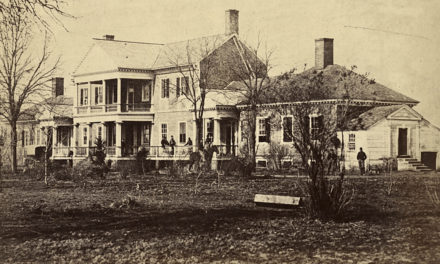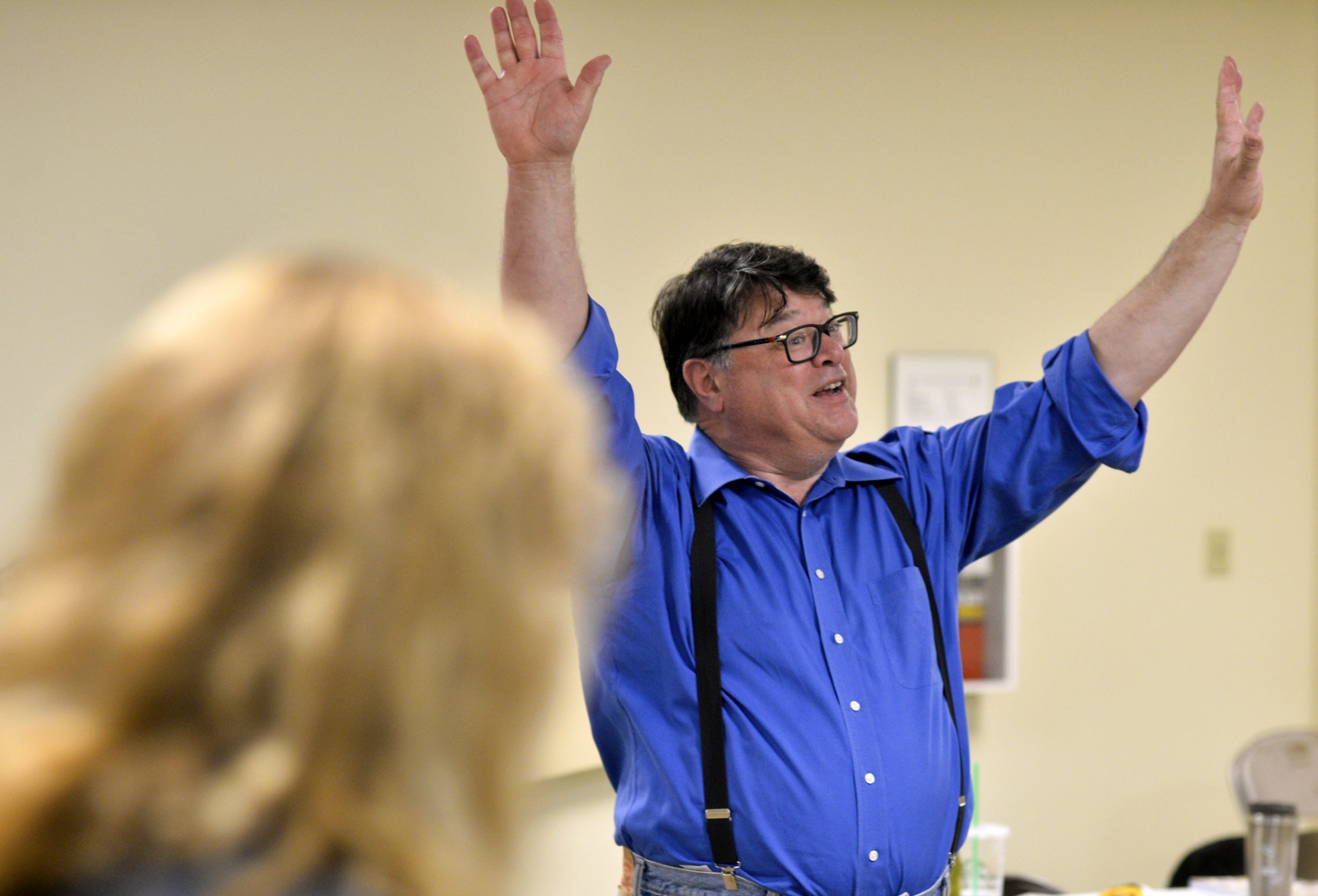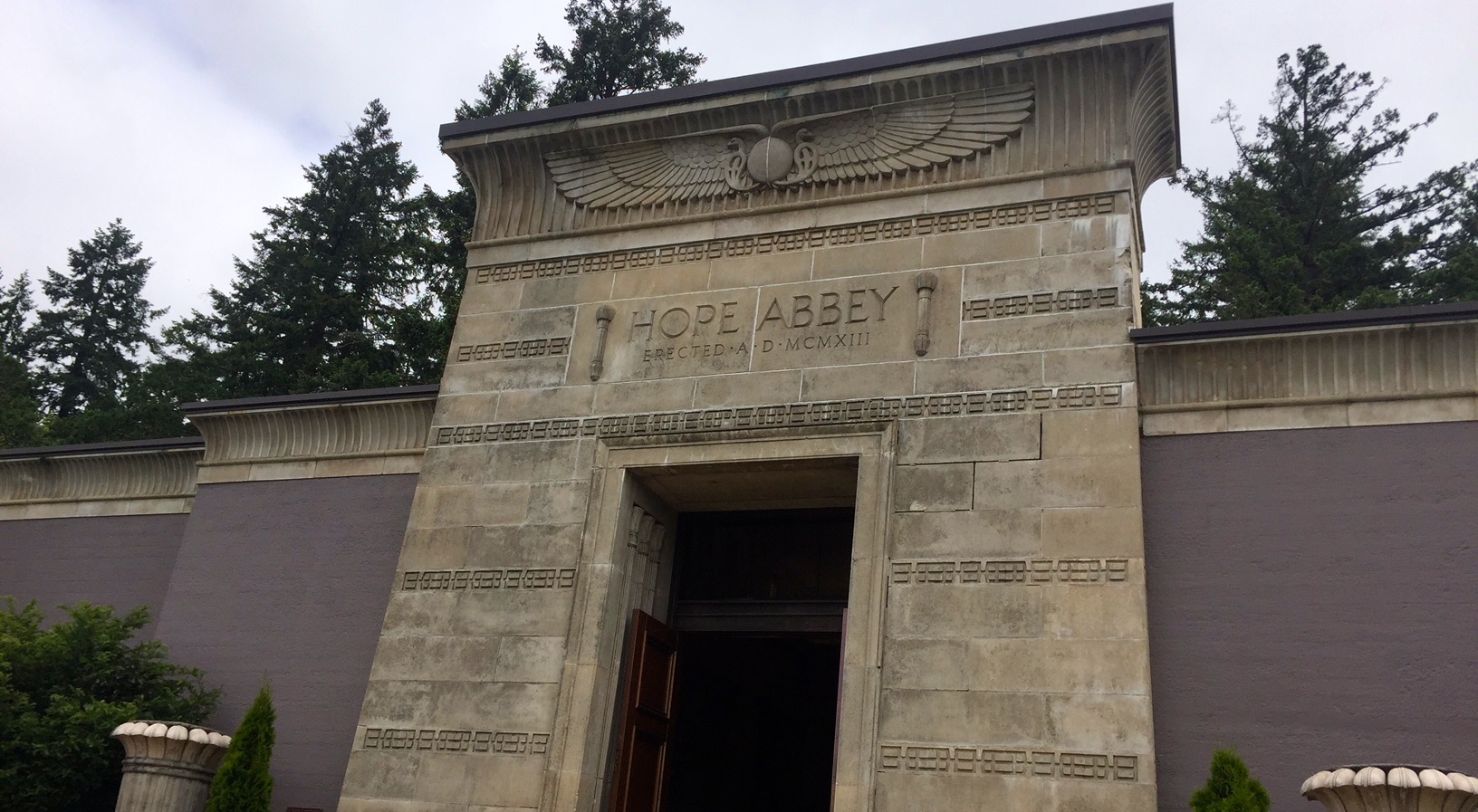By Daniel Buckwalter
There’s that moment in a classical music program — usually after intermission — where the smiles cease, replaced by furrowed brows for the more complicated featured piece to be performed.
That is not to say that there isn’t technical artistry or elegance in the earlier pieces, or that there is less joy in performing the more intricate pieces. On the contrary, the joy for musicians, I think, is to plow straight ahead on these all-consuming and complex pieces in sync after exhaustive rehearsals.
It is time for the serious work.
I was struck by that observation again on March 7 at Eugene’s First Church of Christ, Scientist, when the Delgani String Quartet sat down after intermission to play Antonín Dvořák’s Piano Quintet No. 2, a rich and dense piece that commands full attention and vigor.
It was time to grab the tiger by the tail and take the audience for a ride, because there is almost no time to breathe.
Delgani — violinists Anthea Kreston and Jannie Wei, violist Kimberlee Uwate and cellist Eric Alderman, with guest pianist Frank-Immo Zichner — nailed the piece from start to finish, much to the delight of the audience which gave the ensemble a deserved standing ovation.
Smiles returned during the ovation. Kreston and Zichner shared a few words and pats on the back, and the others smiled as if in relief for having escaped the tiger’s clutches unscathed.
Dvořák’s feverish four-movement piece stood in stark contrast to the soft warmth of the first half of the program.
Delgani opened with a tribute to its North Star composer, Tomáš Svoboda, a Czech-American who lived for many years in Portland and who died late last year after a lengthy illness. Svoboda’s 10th String Quartet was performed with loving grace.
An Oregon thread continued with Ernest Bloch’s Piano Quintet No. 2, composed in 1957, two years before he died. Bloch was a Swiss-born American composer whose work is still widely played. He found his way to the American West Coast, eventually to Portland with a home at Agate Beach, where his cremated remains were scattered in the Pacific Ocean.
The piano quintet played on this night had all the feel of standing on an Oregon beach, witnessing the alternating violence and serenity of the ocean and imagining the same in the ocean’s depth, and it has a lovely, melodic finish.
That made Dvořák’s piece after intermission jarring, and perhaps Delgani felt the same way. The quartet came out for a quick encore — three Hungarian dances by Franz Drdla — that were light and fun.
It brought the audience back to the smiles and that started of the night. It was a good way to end the concert.







